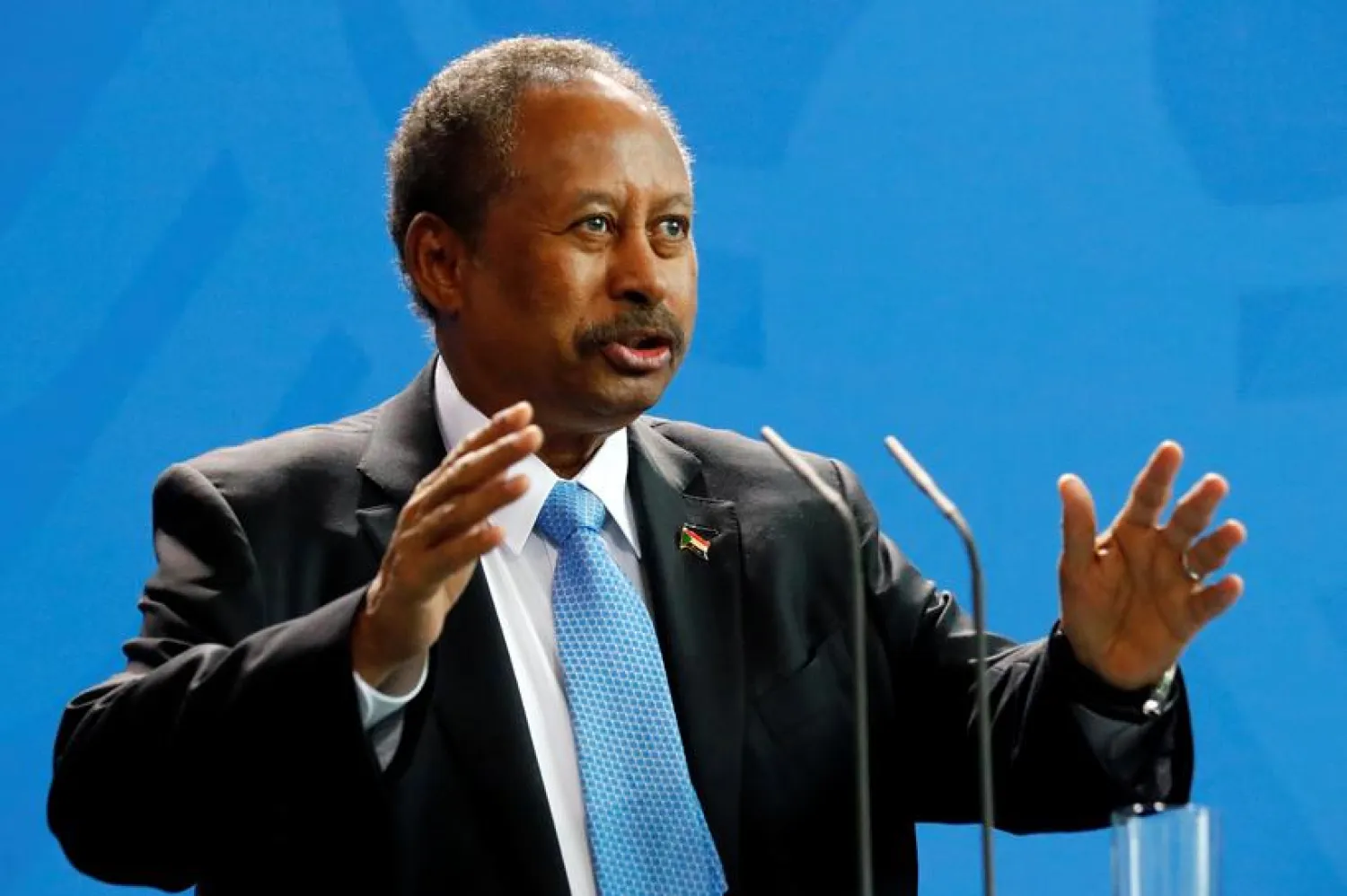Sudan should not meet the fate of many regional countries that faced difficulties and challenges during their transition, leading to their collapse, said Prime Minister Abdullah Hamdok.
Speaking at the first meeting of the national mechanism to implement the "National Crisis and Transition Issues - The Way Forward" initiative, Hamdok called on the Sudanese people to ensure the success of the transitional period and its goals.
The PM said that he did not hold clear or direct consultations with the military. However, they are aware of all the initiative developments, indicating that he met the Head of Sovereign Council, Abdel Fattah al-Burhan, and his deputy, Mohammad 'Hemdeti' Hamdan.
The meeting addressed the tasks of the initiative, and they asserted the need to include issues of democratic transition.
Hamdok asserted that dialogue and consultation with the military component would continue because its role is vital to complete the transition and agree on the axes of the initiative, not just security and military reform.
The Prime Minister stressed that the mechanism for implementing the initiative is temporary to accomplish specific tasks within two months.
He called on the Sudanese to maintain "the unique Sudanese experience towards democratic transition."
Sudan's comprehensive national crisis is political, said Hamdok, reiterating that Sudan "will not succeed in moving from this stage to democratic civil rule unless it confronts these issues with courage and clarity."
He said that the initiative's main objective is to unite the forces of the revolution to support and accomplish the transition.
For his part, the head of the mechanism, Fadlallah Barama Nasser, said that the national initiative comes at a critical stage.
Nasser indicated that the mechanism is the last chance and a lifeline to ensure the country doesn't slip into chaos.
Nasser, who is also the designated head of the National Umma Party, stressed that the mechanism would include opinions vital for its implementation, tasks, and chances of success.
He said: "We have less than 60 days to accomplish a great task," adding that "it is a difficult task, but not impossible."
The National Mechanism includes 71 members from leaders of political parties, indigenous administrations, Sufi orders, and civil society organizations.
It calls for extensive dialogue and discussions to achieve the most significant degree of consensus among Sudanese components on construction and democratic transition issues.









